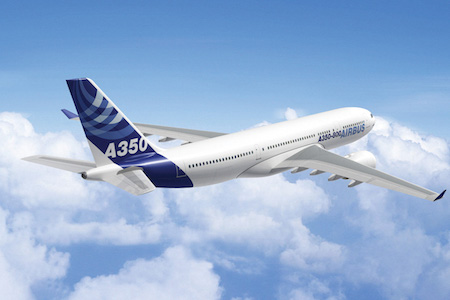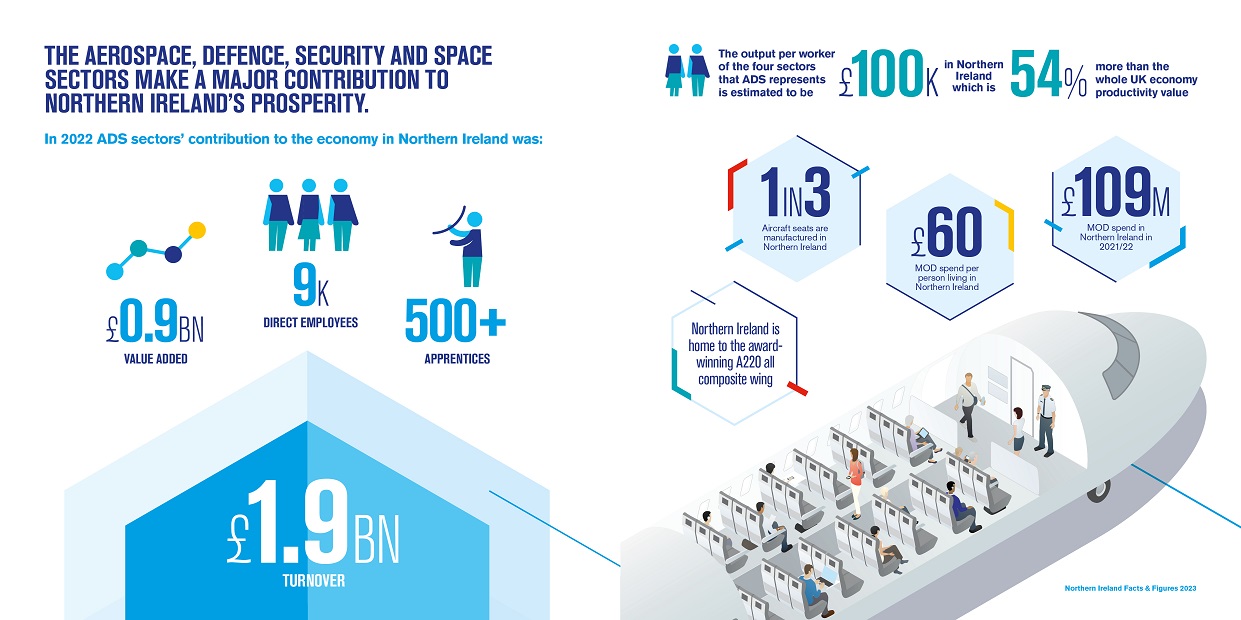
ADS Group has published ‘The Great British Take Off’: an analysis of how growing demand for air travel means that by 2034, the majority of commercial aircraft in the nation’s fleet will be replaced, making UK aviation a leading customer for new aircraft.
Using data provided by Ascend, it is predicted that passenger numbers are set to rise by up to 80 per cent, to 218 million by 2034. This projected growth in air travel will enable UK-domiciled airlines to invest in new fleet with an estimated spend of $75 billion expected over the next 20 years.
As well as replacing the 700 aircraft currently in service, airlines are expected to increase their fleet size with the number of planes in the sky projected to rise to 1,110 by 2034 – a growth of 60 per cent compared with the previous ten years.
This is great news for the UK’s aerospace sector which, as the largest in Europe, is of strategic importance to the national economy. Demand from UK airlines will enable the sector to continue punching above its weight in supplying world-leading parts, technology, components, technology and services to new commercial aircraft.
New aircraft are bringing about improvements in environmental performance. Wings that have been designed and manufactured by UK companies are stronger and lighter, and in the case of the Airbus A350, contribute to a 25 per cent fuel saving performance.
Major improvements in engine design, such as the Rolls Royce Trent XWB, offer a 25 per cent lower fuel burn per seat compared with the engines it is replacing and weight savings of 15 per cent. Future innovation in engine weight saving and aerodynamics is expected to make engines 20 – 25 per cent more efficient as they come into service over the next decade, which could translate into considerable cost savings.





